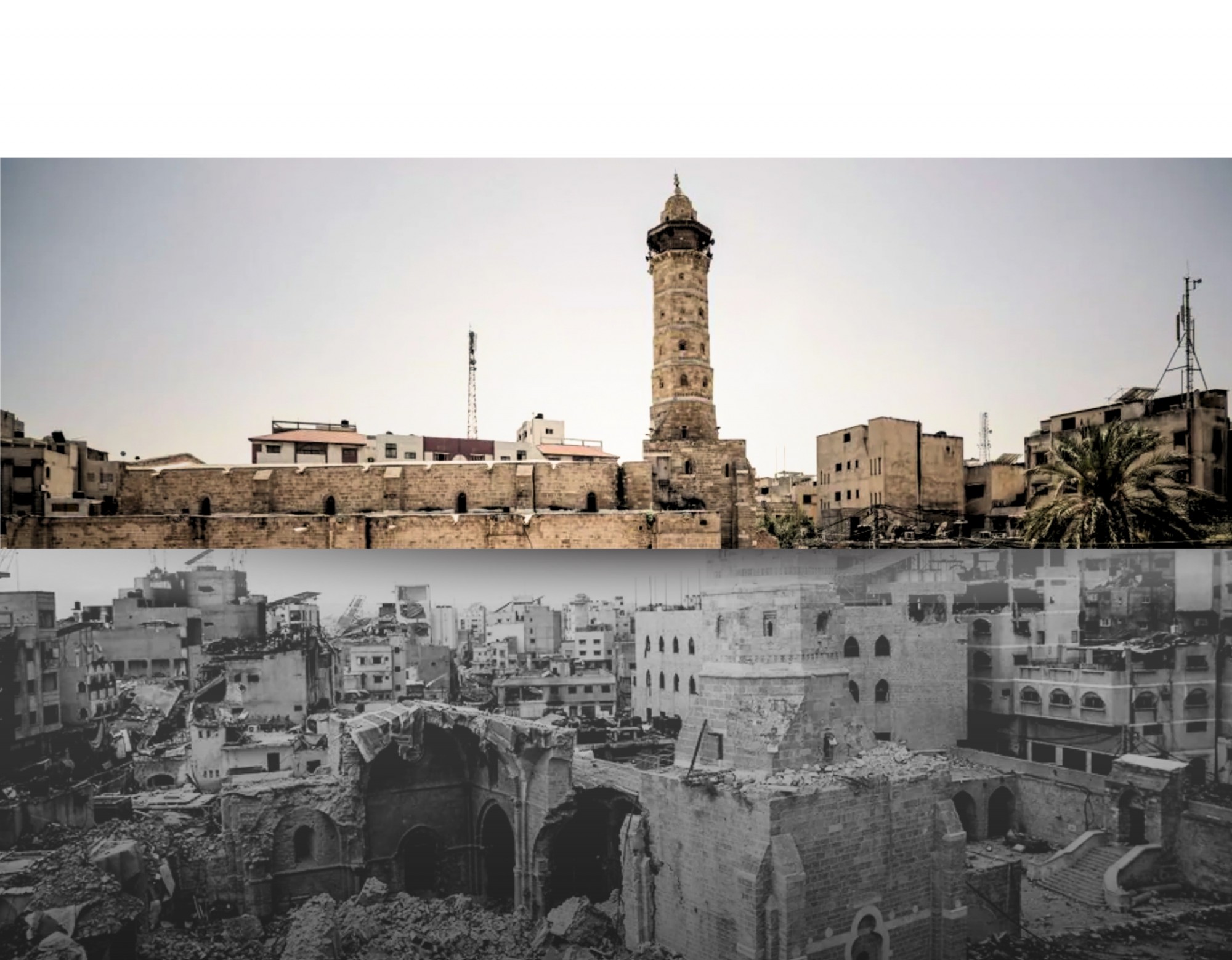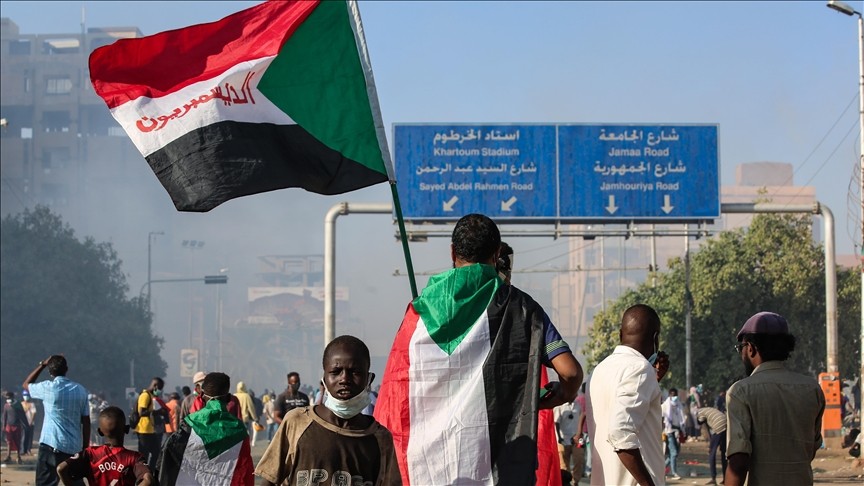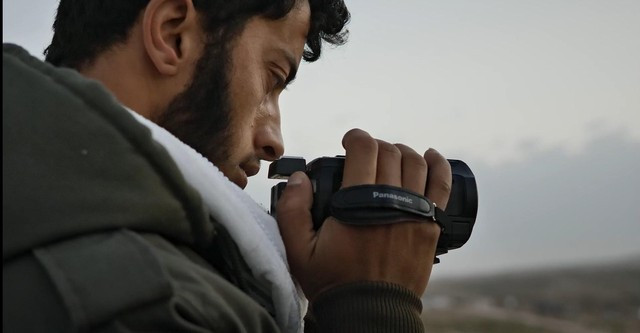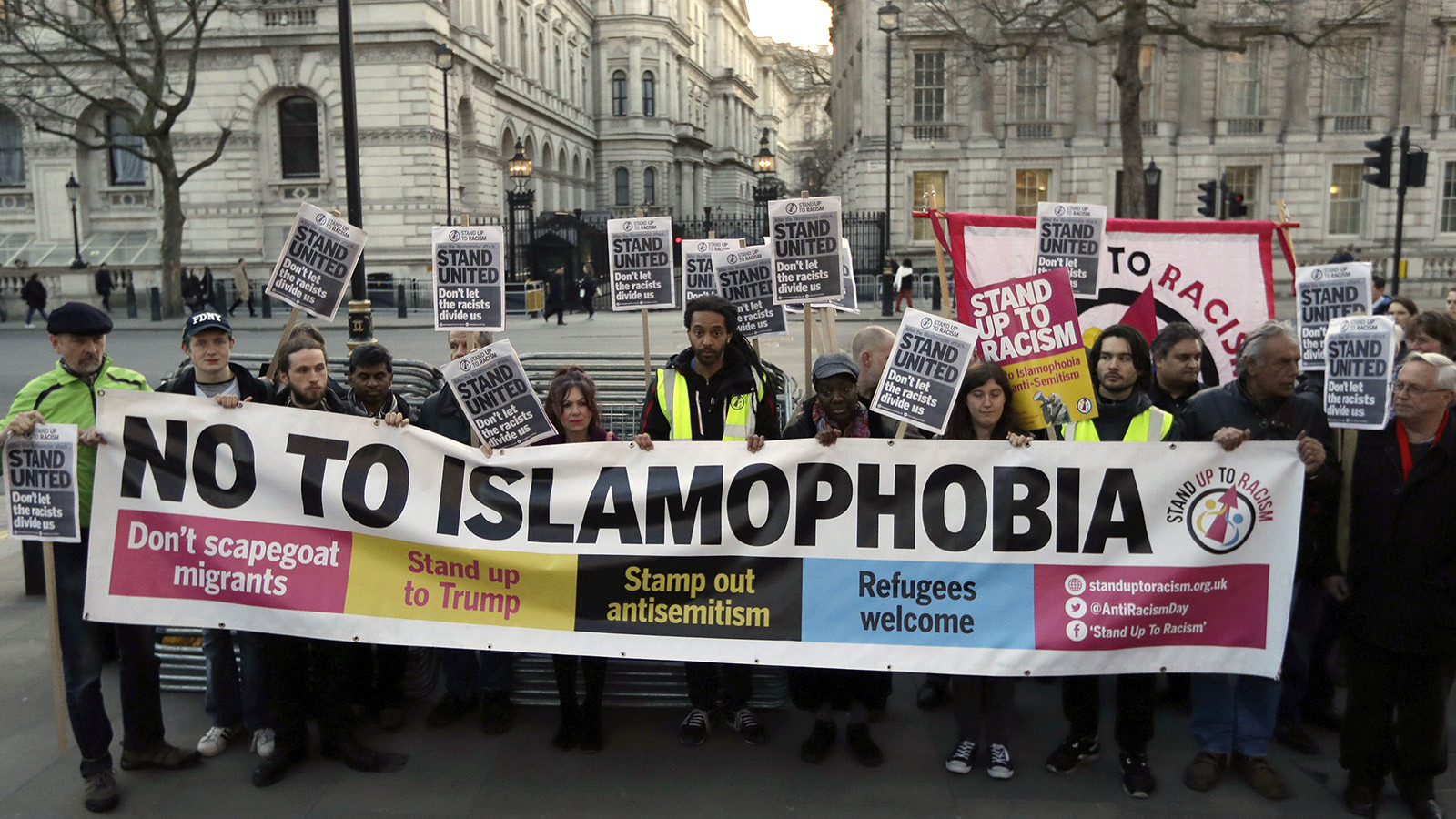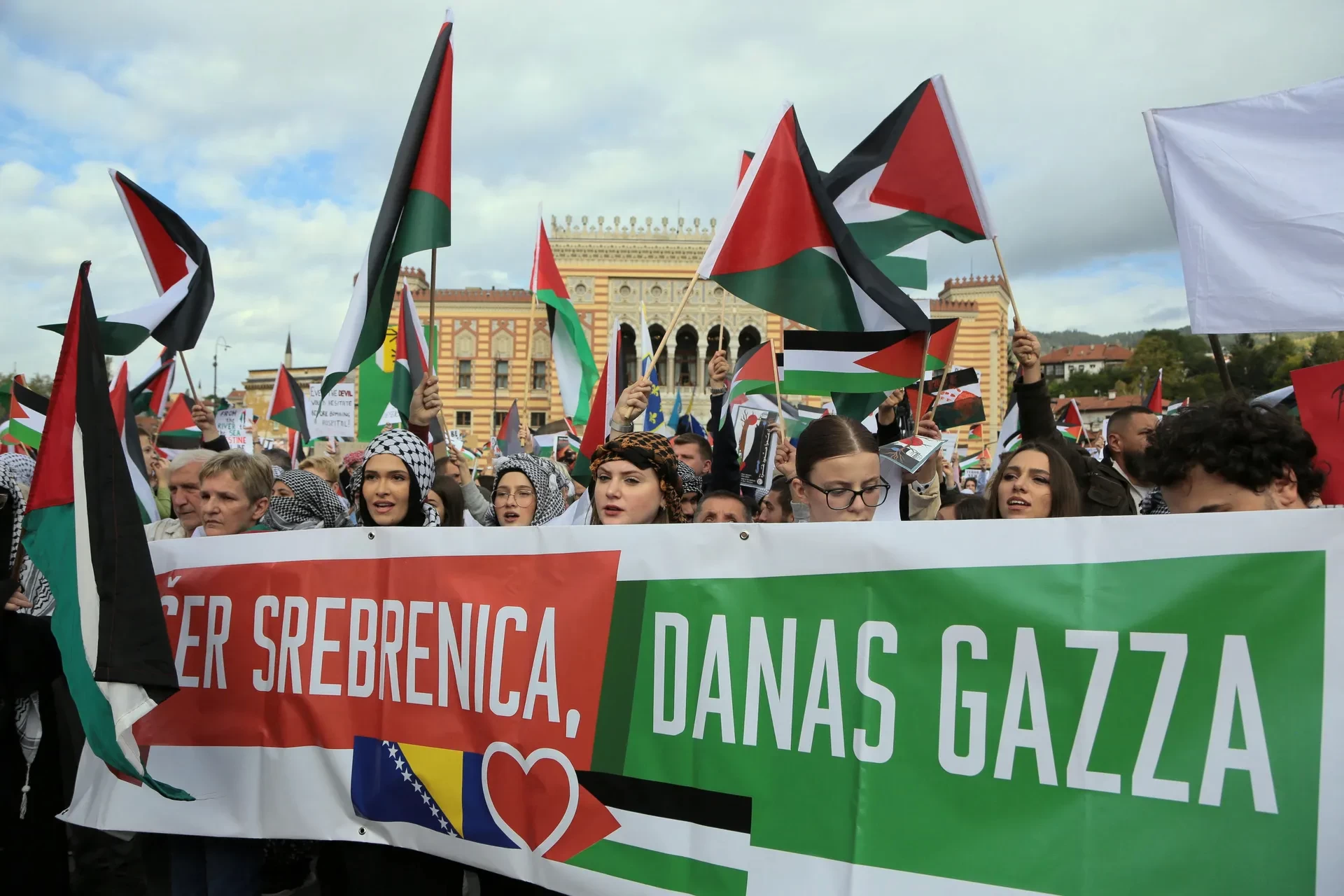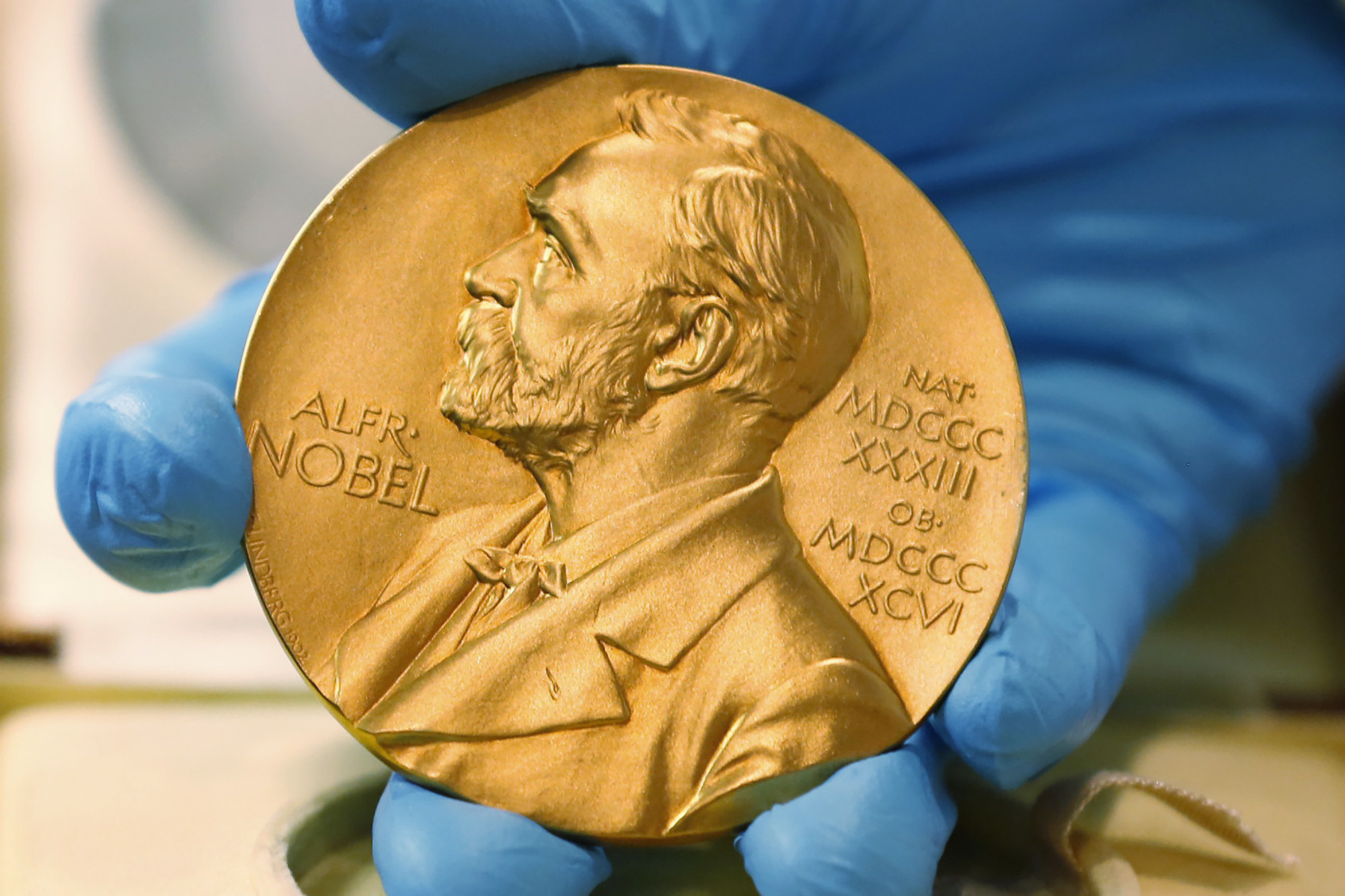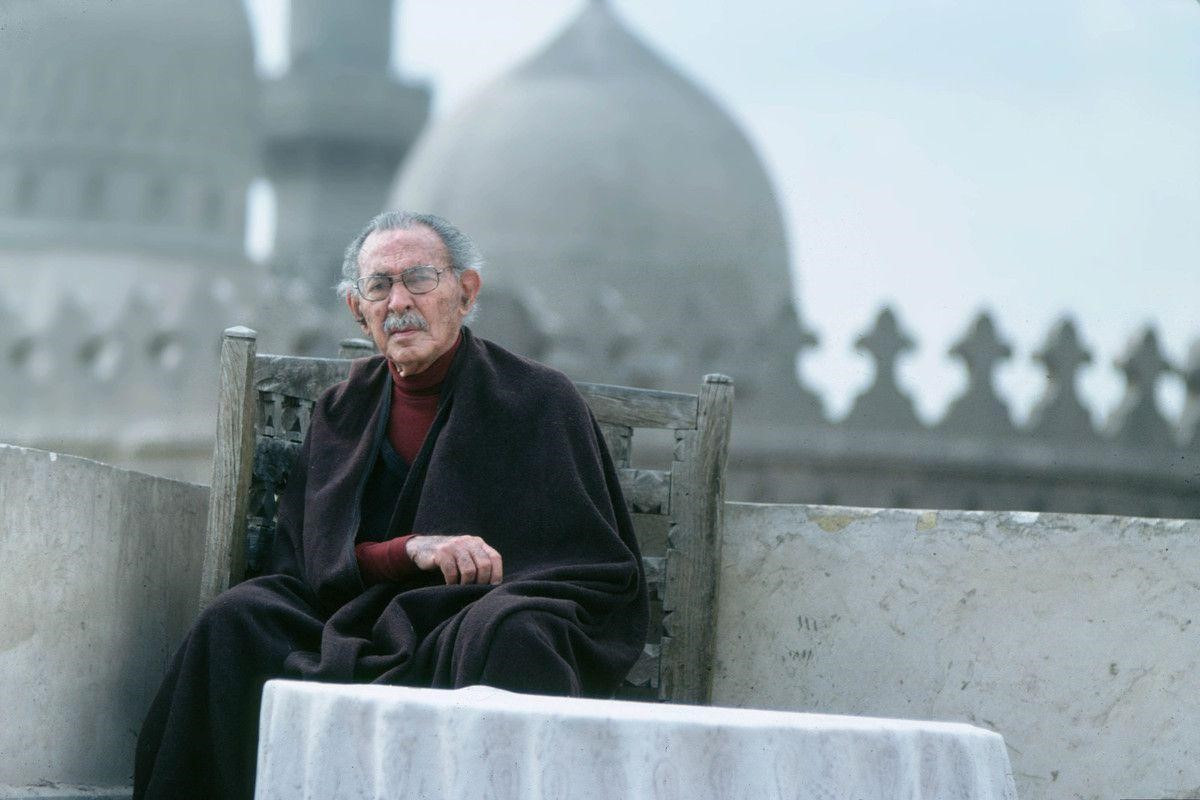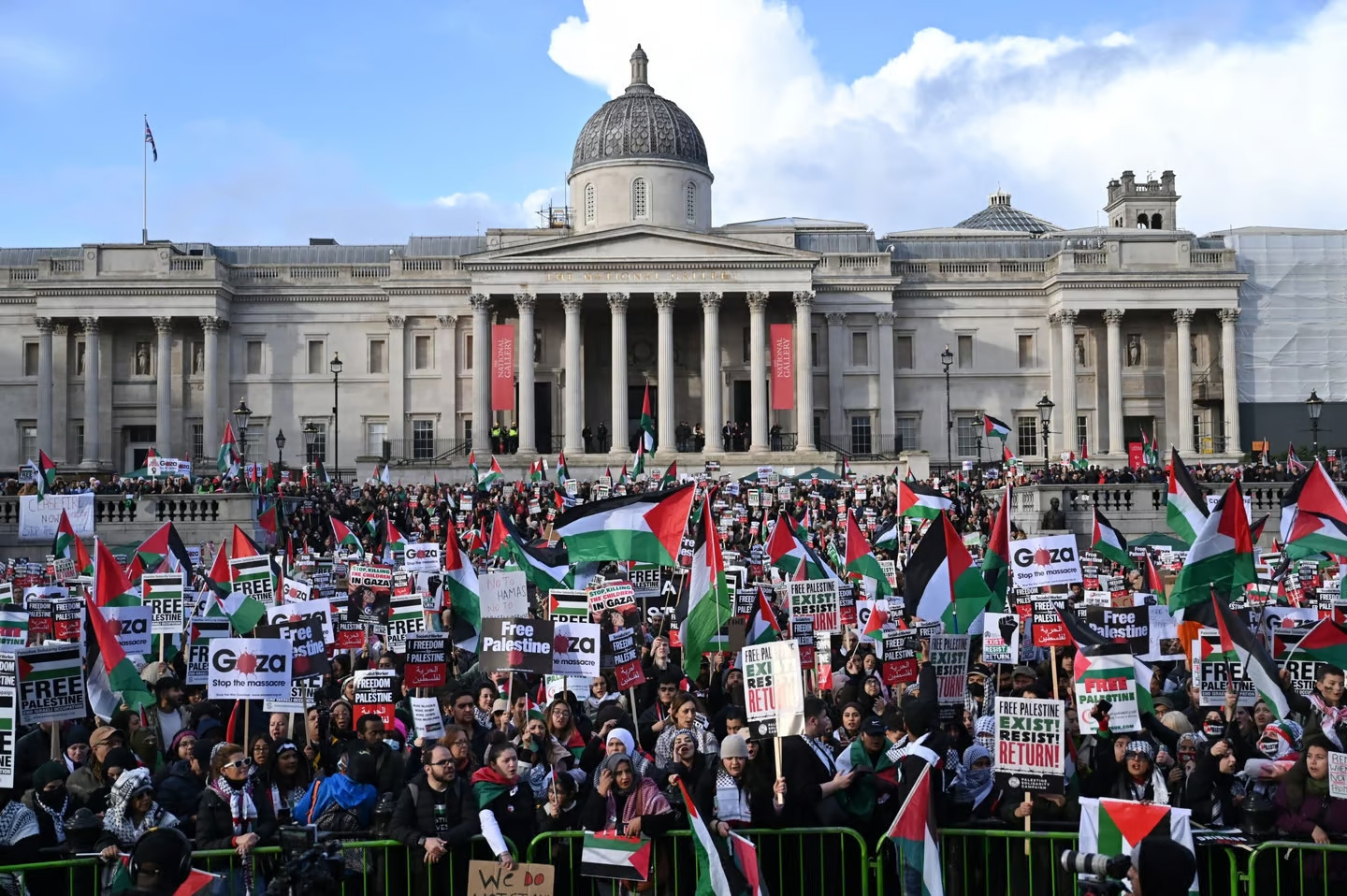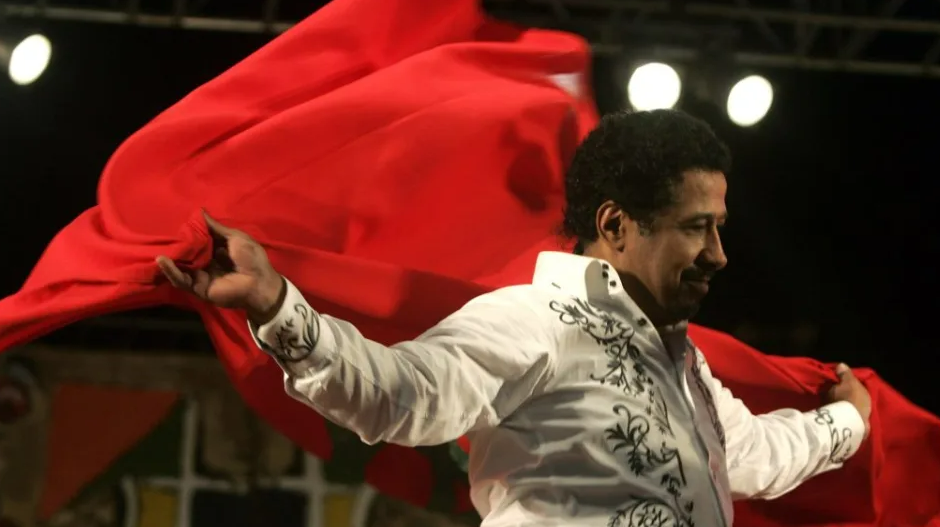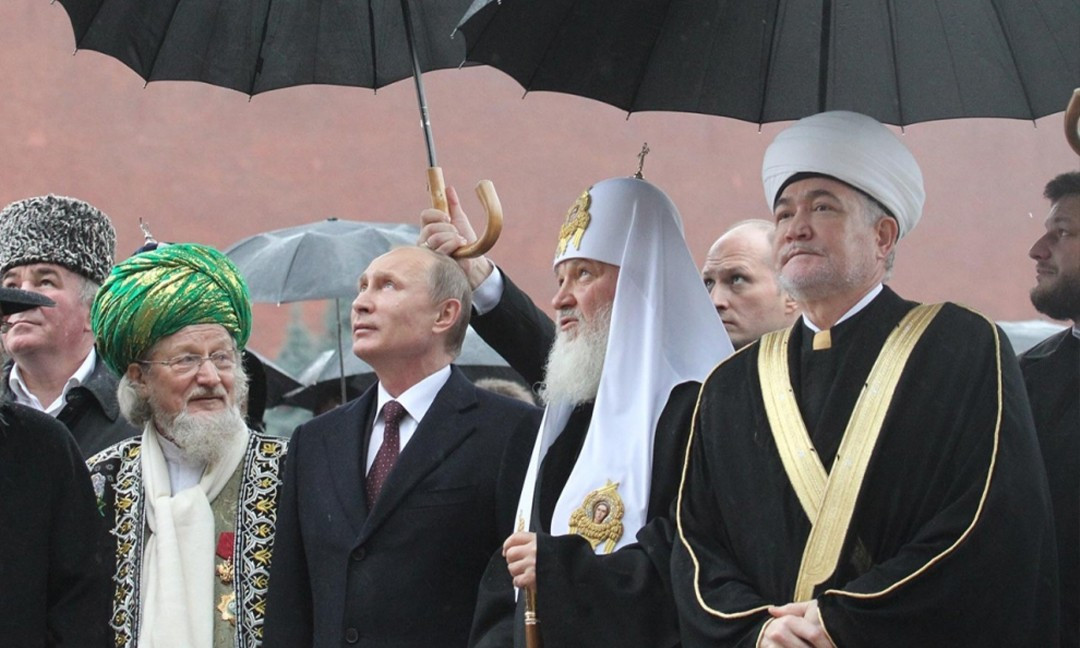
Russian Muslims and Their Identity Challenge
For the last 20 years, one of the most frequently used concepts when it comes to Islam in Russia is the concept of "traditional Islam". At a first glance, it can be said that this concept, which is frequently mentioned by various experts, journalists and bureaucrats, is generally used without any prior understanding. However, when we dig a little deeper, we understand that the term “traditional Islam” is not as plain as it may appear and emerges from a hidden agenda.
What kind of Islam does "traditional Islam" refer to? Abdul Hakim Sultigov, the head of National Policy and Religious Institutions of the United Russia Party, stated in an interview that "Russian Islam is self-sufficient and that Russian Muslims come in contact with other Muslims in the world only on the days of pilgrimage". It is clear from this that the Russian government sees the Muslims in its country as a separate community from the rest of the Islamic world, or at least tries to portray them as such.
Although it may seem as a negligible issue, this approach has become one of the critical policies of Russia towards its Muslim population. Significant expenditures are made for this purpose, and at the same time, harsh pressure is exerted through the law enforcement agencies and judiciary when necessary on the elements that do not comply with this definition.
Despite all kinds of discussions about what "traditional Islam" is, relatively few or no written sources are available on the topic. This issue has not been sufficiently addressed by political, social, and academic circles. Hence, there is no clear answer as to what exactly should be understood by this concept.
What is meant by "traditional Islam"? What is the reason for describing Islam in Russia not only as Islam but also as "traditional Islam"? What makes it distinct from mainstream Islamic concepts? Islam in Russia is traditional, does non-traditional Islam also exist? Which tradition is represented by this traditional Islam? To which historical period in the development of Russia, whose political regime changed three times in the 20th century alone (Tsarist, Soviet and Russian Federation), does it correspond? Although there have been many discussions on these topics, there are still no concrete answers.
If by traditionalism one means a particular sect such as Hanafi or Shafi'i or a particular Sufi movement, this is not an acceptable answer for the reason that these sects and movements are much more grounded and traditional in many other countries. If "traditional Islam" is meant as the religious administration of Muslims, there are similar institutions in many Muslim countries. If this concept refers to the friendly neighbourly relations with the non-Muslims, this is also not unique to Russia. In fact, good relations with believers of other religions, especially with Christians and Jews, has been the norm of the Islamic world throughout history. Moreover, Islam cannot be divided along national or regional lines. Indeed, living style of Muslims may differ from country to country, society to society, city to city and even person to person. However, this does not mean that there are different Islam(s) in each country that are disconnected from each other. Islam is an inclusive religion that embraces all social diversity. Otherwise, Muslim societies cannot develop without a constant flow of information and ideas and mutual dialogue. Therefore, it is impossible to talk about a separate Islam in any country from the rest of the Muslim world.
The experience of the Soviet Union is a relevant case here. The complete isolation of the Muslim community in the USSR from the Islamic world has led to tragic consequences. As a matter of fact, this isolation translated into waves of radicalisation in some of the countries that emerged as a result of disintegration of the USSR.
On the other hand, it should be noted that like the traditional Islam, the concept of moderate Islam has been emerged from the Western societies. Instead of "traditional Islam", concepts such as "moderate Islam", "liberal Islam" and "European Islam" are used there. The common denominator of all of them is that they express the need to "adapt" Islam to modern Western liberal values and discard everything that contradicts them. In other words, the attempt is made to justify how one can be a Muslim with Western interpretation of Islam.
Traditional Islam in Russia and moderate Islam in the West are twin concepts. The only difference is that with the concept of traditional Islam, Russia is not trying to conform Muslims to liberal values but make them loyal to the traditional Russian state order. As a matter of fact, Roman Silantyev, known as an expert on Islam in Russia, explains what traditional Islam means as follows: According to traditional Islam, Muslims should be loyal to the Russian state and, if necessary, fight for it, even against other Muslims around the world. At the same time, they must respect the Orthodox majority of the Russian population.
Based on the above definition, we can say that two points stand out in the traditional Islam that the Russian state is trying to spread. Firstly, Muslims in Russia, who have a multinational population structure, must accept that Russians are superior to others. In other words, they must recognise Russian sovereignty. Secondly, they must acknowledge that Orthodox Christianity is the state religion. In the continuation of this understanding, it is not difficult to predict that anyone who opposes this will be defined as an enemy of the state. Indeed, those who oppose it are labelled as "extremists" or "terrorists".
The greatest responsibility here undoubtedly falls upon the official religious authorities of Muslims in Russia. In addition to issuing fatwas, these institutions should actively participate in the process of shaping the identity of Muslims in the country, as well as create real and effective mechanisms for the proper development of religion-state (Islam-Russia) relations. It is impossible to solve the problems of Muslims in Russia without these institutions becoming truly Islamic institutions.
Structure of Religious Administrations
The oldest of the religious administrations of Muslims in Russia is the Central Religious Administration of Muslims of Russia, the successor of the Orenburg Court of Sharia, established by the decree of Catherine II. Under the USSR, this organisation functioned under the name of the Religious Administration of Muslims of European Russia and Siberia (ARSMDI), and had influence over the regions where the overwhelming majority of Muslims were Tatars and Bashkirs. Since 1980, Talgat Tajaddin has been the head of the organisation.
With the dissolution of the USSR in the early 1990s and the emergence of the Russian Federation, the Muslims of Russia, who gained the freedom to practice their beliefs after living under the oppression of the communist regime for 74 years, started to organise. However, in the early 1990s, the process of disintegration of ARSMDI began and various regional muftiates emerged. For example, in 1992 the muftiates of Bashkortostan, Tatarstan, Saratov and Volgograd were opened. In many ways, this mobilisation was motivated by the desire to overcome the “imperialist influence on Islam” and to revitalise “normal” Islamic life. The head of the administration, Talgat Tajaddin, is recognised as a man of the Soviet past and a “man of the state”. For a short period in the 1990s he was even removed from the leadership of ARSMDI, only to be reinstated a few months later as head of the organisation, which was later renamed as “Central Religious Administration of Muslims of Russia”.
In an interview, Tajaddin said: “Muslims, who have lived in Russia for centuries alongside Christians, have developed an open, tolerant and unique religious culture. The Muslims of Russia are the bearers of modern civilisational values such as freedom and democracy”. Such ideas arouse the reaction of the Muslims of Russia and arouse suspicion against the religious leadership.
Suspicion against the “Central Religious Administration of the Muslims of Russia” for political and ideological reasons, the loyalty of the chief mufti to the state and his shady relations with various commercial institutions led to the emergence of new religious administrations independent from the centre. The most important of these alternative institutions is the Russian Council of Muftis (RMK). Founded in 1996, the Council was headed by Ravil Gaynuddin. The Council continues its activities separately from Tajaddin’s religious administration. It brings together mainly Muslim Tatars, but also non-Tatar Muslim communities outside the North Caucasus.
Founded in 1998, the Coordination Centre for the Muslims of the North Caucasus is the umbrella organisation of the mufti offices in the North Caucasus. The main objectives of the Centre are to revive Islam by coordinating the activities of Muslim organisations, to counter radical organisations, to open Islamic educational institutions in the North Caucasus and to revive the spiritual, cultural, moral, and national traditions of the North Caucasus that do not contradict with Islamic norms. The centre brings together the religious authorities of Dagestan, Ingushetia, Chechnya, North Ossetia, Kabardino-Balkaria, Adygea, Karachay-Cherkessia and Stavropol. However, it cannot be said that the clergymen in charge of these Muslim religious administrations have established effective and efficient relations with the people in their region. One of the main reasons for this situation is that the modus operandi of these institutes seems to be outdated for modern times. As a result, a significant part of the active religious youth does not trust the Muslim clergy, sees them as defenders of the current Russian government, corrupt officials and even hypocrites, and therefore seeks new religious authorities in an informal environment. This is gradually opening a gap between generations and at the same time young people are under the influence of different religious doctrine.
This problem is exacerbated by the division among the clergy. As mentioned above, Muslims in Russia today have several centralised religious administrations and dozens of regional muftiates. Therefore, these religious administrations must be consolidated and “modernised” for Muslims of Russia to have a unified structure. Without doing so, Muslims can neither be successful in solving their own social problems nor in resisting the attacks from outside.
It should also be noted that Russian Muslims do not agree on the powers of these religious administrations. In other words, a part of the society does not consider religious administrations as the sole representative of Muslims and advocates a more democratic structure. On the other hand, it should be noted that there are no authorities other than these religious administrations that can unite the Muslims of Russia today. Therefore, instead of abolishing them completely, reforming them and making them serve the society will bring positive results.
Muhammad Akhiyadov
1990’da Çeçenya’da doğdu. 2007 yılında lisans eğitimini almak üzere Türkiye’ye geldi. İstanbul Üniversitesi Uluslararası İlişkiler bölümünden mezun oldu. İstanbul Ticaret Üniversitesi Siyaset Bilimi ve Uluslararası İlişkiler bölümünde yüksek lisansın...
 Muhammad Akhiyadov
Muhammad Akhiyadov